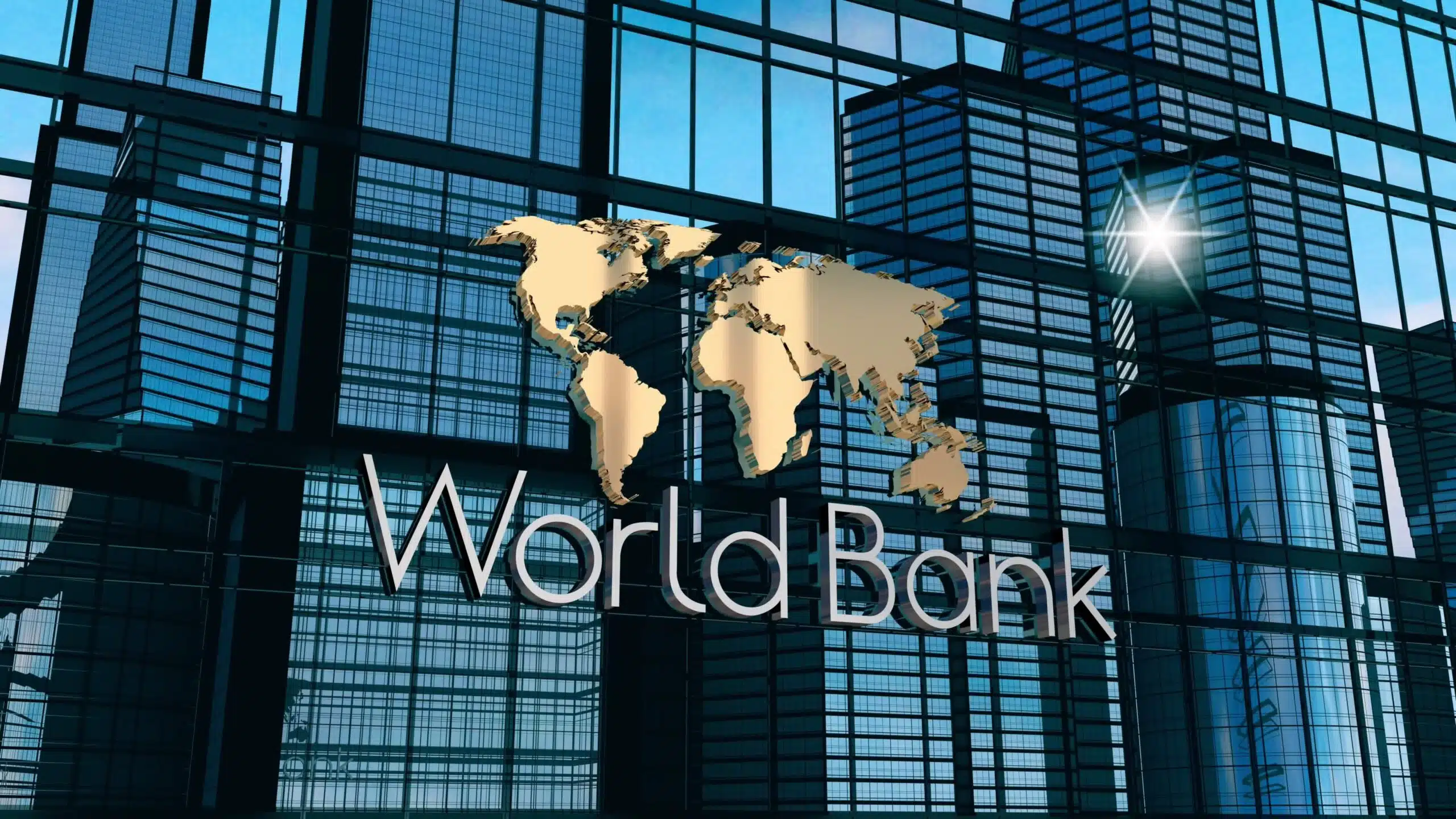The World Bank has cautioned that Nigeria’s ambition to achieve single-digit inflation in the short term is unlikely to be realised, highlighting the country’s persistent economic challenges. According to its latest report on African economies, Nigeria remains one of the few countries on the continent expected to continue experiencing double-digit inflation through 2025.
Alongside countries such as Angola, Ethiopia, Ghana, Malawi, Sudan, Zambia, São Tomé and Príncipe, and Zimbabwe, Nigeria is projected to remain outside the growing group of African nations achieving price stability. The report shows that 37 out of 47 African economies are on track to maintain single-digit inflation by 2026, while Nigeria remains an outlier.
The report attributes Nigeria’s high inflation to several structural issues, including continued currency depreciation, rising food and energy prices, and supply chain disruptions. These factors continue to undermine price stability despite the government’s recent policy reforms.
Fiscal and monetary measures such as foreign exchange unification, the removal of fuel subsidies, and tighter monetary policy have been introduced with the aim of curbing inflation. Officials have expressed optimism that these reforms would bring inflation down to single digits in the near term. However, the World Bank’s assessment suggests that the impact of these measures may be slower than anticipated.
Despite these challenges, Nigeria’s economic outlook has improved slightly, with growth projections revised upwards due to recovering oil production and modest investment flows. Still, inflation remains a major obstacle, weakening household purchasing power and discouraging business investment.
While several African countries—such as South Africa, Senegal, and Tanzania—have successfully brought inflation under control through disciplined fiscal policies and effective currency management, Nigeria continues to struggle. Analysts point to the high exchange rate pass-through effect and structural bottlenecks in food and energy supply as key factors driving inflation.
Regionally, inflation has been declining, with the median rate dropping from 9.3% in 2022 to 4.5% in 2024, and projected to stabilise around 4% by 2026. More than half of Sub-Saharan African countries are expected to maintain inflation below 5% next year, making Nigeria’s inflation rate stand out sharply.
While the broader region shows resilience, concerns remain about whether economic growth is sufficient to create enough decent jobs for a rapidly expanding population. Job creation, particularly in sectors such as agriculture, healthcare, housing, tourism, and mining, is identified as a key priority. These sectors hold significant potential to absorb labour and drive inclusive economic growth.
The report urges African governments to focus on reducing the cost of doing business, strengthening institutions, and investing in human capital to attract private investment and generate sustainable employment opportunities.






Post comments (0)